The GHI Fund proudly support soldiers, lone soldiers, and active reservists in funding trauma therapy via private practice multilingual therapists to provide imminent specialized care. Soldiers can select their own therapist through our database of participating therapists.
.png)
New Job Jitters
By: Sasha WeissWhen beginning a new job if you are constantly worried about failing and feeling like you need to prove yourself at every turn that can cause significant stress which will most likely hinder performance. Rather than engendering positive relationships and being open to learning, the fear of someone discovering shortcomings will be so pervasive that it will be very difficult to acclimate to the new position effectively. On the other hand, a growth mindset which encourages you to learn from others, think about mistakes as essential to the process of learning and acclimating and being open to a new way of doing things will lead you to have more joy and energy, feel less anxious, and make a good impression on your colleagues.
Read More.png)
On Today's Menu: Corona Sandwich
By: Jeanne LankinI am overwhelmed with guilt as I can’t be with my parents on a daily basis to help them navigate this challenging time in their lives. At the same time, I also feel guilty that I can’t help my kids while they struggle in raising their children and I can’t be there to help babysit or just spend time with them. I miss my grandchildren and virtual visits just aren’t doing it for me or them anymore.”
Read More.png)
Who's Afraid of Retirement?
By: Rachel KaminetskyNavigating retirement is not only about filling your time or learning new skills. There is value in looking back, at what was, in addition to what’s next. There are relationships with others that will be impacted by retirement, and more than that; there is also the relationship with yourself.
Read More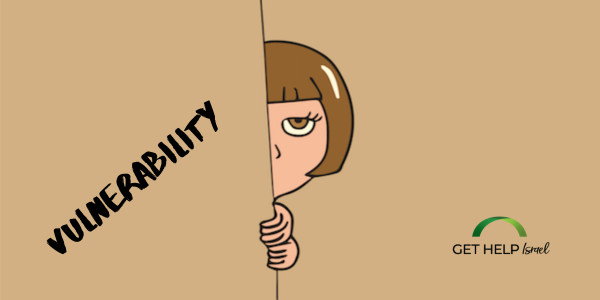
Vulnerability Just Ahead
By: Nancy SchwartzIs feeling vulnerable a good thing? Many of us see it as a sign of weakness, as we’re not being good enough!! We’re afraid of not being seen by others as the “perfect” mother/father, spouse, child, worker, etc.
Read More
The CYCLE: The Key to Rebuilding Your Marriage
By: Daniel FundSomething was comin' there way and it was no good... Shira and David find themselves in a vicious cycle that they are both trapped in for years. They fall back to their default coping styles which continue failing them. In fact, we all fall back to these coping styles...
Read More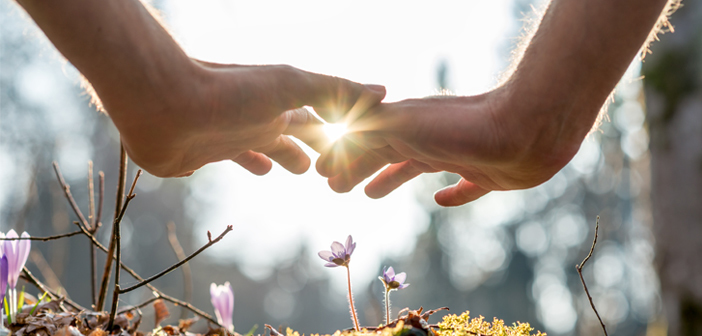
What is Somatic Experiencing (SE) ?
By: Ruth ShidloAs a body-mind practitioner and clinical psychologist, I have found that incorporating principles of Somatic Experiencing (SE) into my practice has provided me with a whole new way of helping people move on with their lives when stressed, anxious, depressed, traumatized, or otherwise in pain (including living with chronic pain). So what then, is Somatic Experiencing, and how does it work?
Read More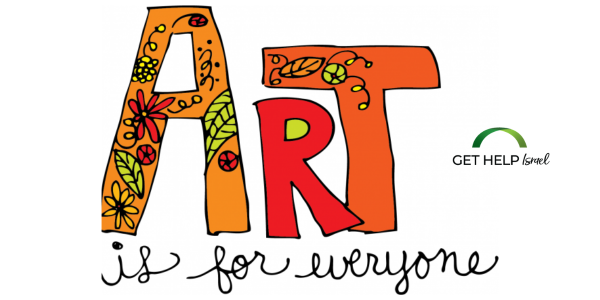
At Home Therapeutic Art Activities for Children During Global Pandemic
By: Sara FeinbergDuring challenging times, it is important to encourage children to express how they are feeling. Children often have difficulty articulating their emotions verbally- communicating through art or play is a great alternative. This can serve as a cathartic release, empower them, and help them process new circumstances.
Read More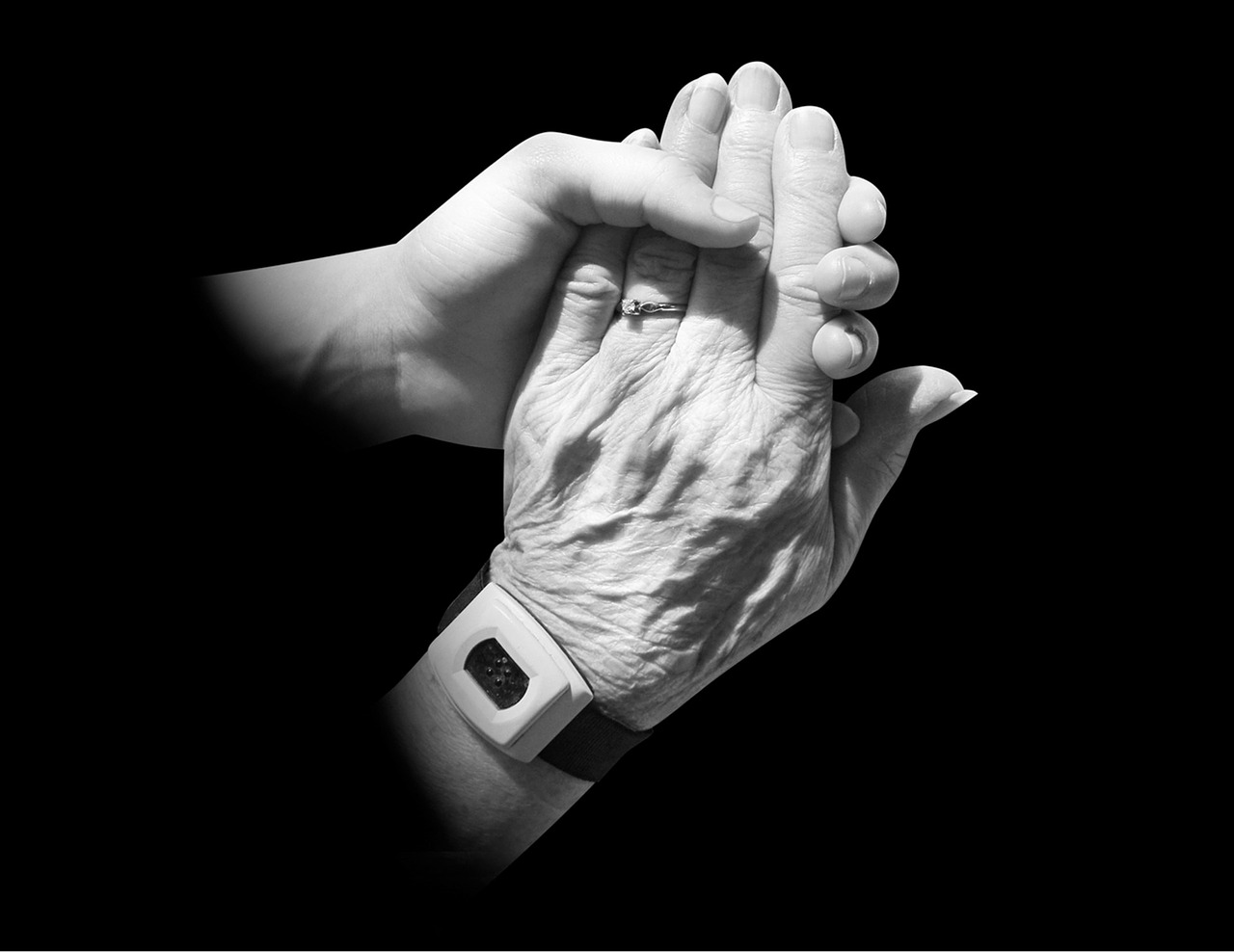
Caring for the Caregiver
By: Jeanne S. LankinAs a clinical social worker and therapist for over 30 years and having myself been a caregiver for over 10 years, I have observed that caregiver stress is the single most underreported source of stress for people ranging from 45 until their 80’s. While caregiving can also be a source of blessing and provide the feeling that you are doing the “right thing” for your elderly loved ones, it is tinged with a multitude of other emotions. To your friends and family, you may not want to openly express these emotions and feelings. A trained therapist, an expert in these matters, is needed.
Read More
Earth, Water, Air, and Fire
By: Chava LedererThe four classical elements are channels through which we make contact with the present moment reality, and engage our uniquely human mind – a mind capable of creativity, of connecting to others, of faith and spirituality. I offer you these four elements as resources in moments of stress, panic, fear, or any other overwhelming experience.
Read More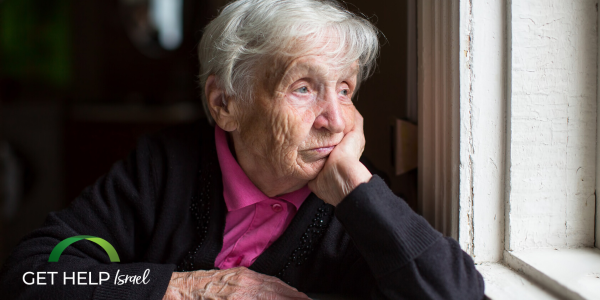
Caregiving in the Time of Quarantine
By: Jeanne LankinHow can we as caregivers of elderly relatives, whether they are local or across the world, navigate the realities of this pandemic? How do we adjust to this “new normal” in our lives with responsibilities as adult children to our elderly loved ones? How can we cope with the inevitable guilt that arises from not being able to fully meet our family’s needs during this time of crisis?
Read More
Why Invest in Your Relationship Skills Before You Even Find Love?
By: Micki Lavin-PellNo one wants to live with a feeling that disaster can strike at any time….
Read More.png)
Can You Commit to Love Without All the Facts?
By: Micki Lavin-PellWhen we choose to marry, we often don't know everything. There are often things that are missing. After all, we haven’t seen how our partner behaves in a variety of circumstances, many of which they haven’t yet encountered. But more importantly we don’t always know ourselves. So we search for things to worry about in our partner in hopes of having some level of control. Not wanting to come to terms with the fact that we can't control the other. However, there is one element of control, and this lies within ourselves.
Read More.png)
Making the First Call: A Guide to Choosing the Right Therapist for You
By: Yisroel PickerDeciding to seek therapy is a courageous first step, but the initial phone call to a potential therapist can feel daunting. This guide is designed to empower you during that crucial conversation, moving beyond logistics to help you find the right fit. Discover the key questions that reveal a therapist's experience, approach, and, most importantly, their ability to create a safe and trusting connection with you.
Read More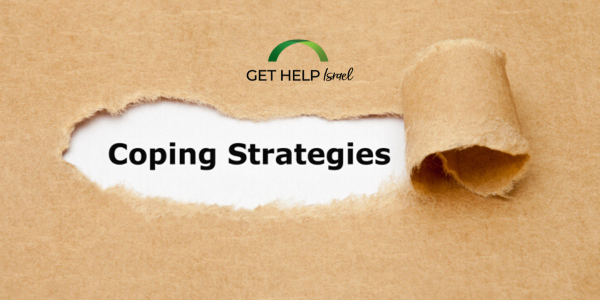
Feeling Helpless? Here Are 3 Corona (or Anytime) Coping Skills
By: Daniel FundIt can happen at any time or place. But especially now, with the impact of COVID-19 still being felt here in Israel even as things are finally opening up, it's an expected emotion to be feeling. Helplessness. And we are all in it together. Including your therapist. What can you do when you feel like this? Here are 3 powerful skills I know of.
Read More
Re-Frame Rejection so You Can Successfully Move Forward in Relationships
By: Micki Lavin-PellI have been rejected more times than I can count. By friends, boys, jobs, my kids, you name it… One of my most memorable rejections happened while in 6th grade. My English teacher encouraged us to write a journal, which I kept "hidden" in my desk. In it, I wrote all about a crush I had on a boy named Joey, a fellow classmate. I forgot that in the morning we sat at one desk and in the afternoon another. A fellow classmate found my journal and proceeded to read that very entry aloud to the entire class during recess.
Read More.png)
Understanding Relational Therapy and Why It Matters in Eating Disorder Treatment
By: Hadassah (Johanna) HazanThis piece traces the evolution of relational therapy and shows why its emphasis on attunement, authenticity, and connection is especially effective in treating eating disorders. It reveals how the therapeutic relationship itself becomes a corrective emotional experience, allowing clients to access and heal the deeper wounds beneath disordered eating.
Read More.png)
Can Adolescents Act Abusively?
By: Aviva Zahavi-AsaParents are often reluctant to admit that their teenager is acting in ways which are abusive due to their own feelings of guilt, shame or a sense of failure. In some of these cases, the adolescent was exposed to domestic violence or experienced abuse within the family at an earlier age and then repeats familiar family patterns at a later stage. In other cases, however, no history of abuse exists within the family.
Read More.png)
The Art of Communicating Honestly and Responsibly - Part 1
By: Yonatan SchechterExpressing feelings in marriage is essential, but it must be done honestly and responsibly to strengthen rather than damage your relationship.
Read More.png)
Lesson from a Construction Site: Don't Dismiss the Scaffolding in Your Relationships
By: Yonatan SchechterMarriages, like buildings, sometimes need scaffolding - temporary, unglamorous interventions - that provide the platform needed to repair damage and build a strong, lasting structure.
Read More.png)


